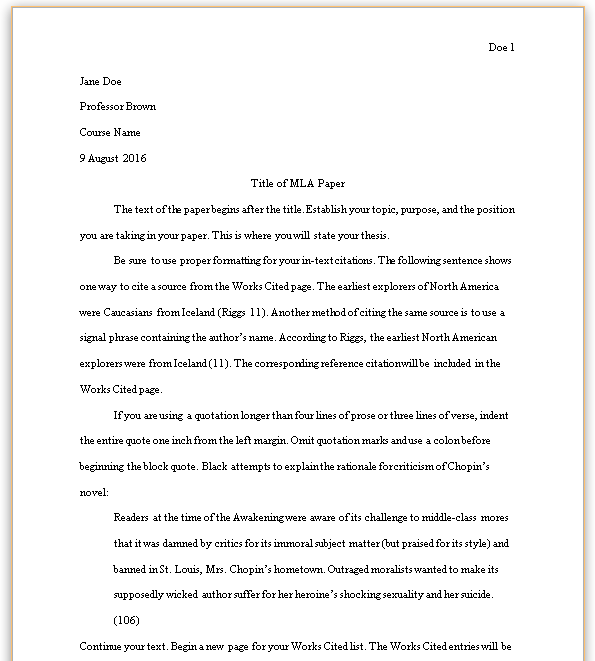Guide on Avoiding Plagiarism
Welcome to Kampus Guide! In the academic world, originality is paramount, and understanding how to avoid plagiarism is crucial for students, researchers, and writers alike. Plagiarism not only undermines your credibility as a scholar but can also have severe academic consequences. This guide will explore what plagiarism is, why it matters, and how to avoid it through proper citation practices, paraphrasing techniques, and developing good writing habits.
What is Plagiarism?
Plagiarism is the act of using someone else’s work, ideas, or intellectual property without proper acknowledgment, presenting it as your own. This includes copying text, ideas, images, or data from a source without appropriate citation. Plagiarism can take various forms, including:
- Direct Plagiarism: Copying text word-for-word from a source without quotation marks or citation.
- Self-Plagiarism: Reusing your own previously submitted work without permission or acknowledgment.
- Mosaic Plagiarism: Blending copied phrases from multiple sources into a new work without clear citations, creating the impression of original thought.
- Accidental Plagiarism: Failing to cite sources correctly due to negligence or misunderstanding, even if there’s no intent to deceive.
Why Does Plagiarism Matter?
- Academic Integrity: Plagiarism violates the principles of honesty and integrity that are fundamental to academia. Upholding these standards fosters a culture of trust and respect.
- Consequences: Engaging in plagiarism can lead to serious academic repercussions, including failing grades, loss of credit for assignments or courses, and even expulsion from academic institutions.
- Damage to Reputation: Being caught plagiarizing can irreparably damage your reputation as a scholar, impacting your future academic and professional opportunities.
- Thwarting Intellectual Growth: Plagiarism undermines the learning process. By failing to engage with the material authentically, you miss out on developing critical thinking skills and a deeper understanding of your subject matter.
Avoiding Plagiarism; How to
1. Understand and Use Citations
Citations are essential for giving credit to original authors and allowing readers to trace the sources of your information. Familiarize yourself with different citation styles (such as APA, MLA, Chicago, etc.) and use them consistently throughout your work.
- In-Text Citations: Incorporate citations within the text where you reference someone else’s ideas, using the appropriate format dictated by your citation style.
- Reference Lists/Bibliographies: Compile a complete list of all sources cited in your work at the end of your document, ensuring that it adheres to the required citation format.
2. Paraphrase Properly
Paraphrasing involves rewording and restructuring someone else’s ideas while still acknowledging the original source. This is an effective way to incorporate others’ insights into your work without plagiarizing.
- Read and Understand the Original: Ensure you fully comprehend the source material before paraphrasing.
- Rewrite in Your Own Words: Don’t just replace a few words with synonyms. Aim to change the structure and phrasing significantly while retaining the original meaning.
- Cite the Source: Even when you paraphrase, you must still credit the original author to avoid plagiarism.
3. Use Quotations Wisely
When you wish to use someone else’s exact words, make sure to place them in quotation marks and provide proper citation.
- Short Quotations: For brief quotes, use quotation marks and provide a citation directly following the quote.
- Long Quotations: If citing longer passages (often more than four lines, depending on your citation style), format them as a block quote, which typically appears indented and without quotation marks.
4. Keep Track of Sources
As you research, meticulously note all your sources. This should include details such as:
- Author names
- Title of the work
- Publication date
- Publisher
- Page numbers
- URLs or DOIs for online sources
Using reference management tools can help you organize this information efficiently.
5. Develop Good Writing Habits
- Plan Your Work: Create outlines to organize your thoughts and structure your writing, reducing reliance on external sources.
- Seek Guidance: If you are ever unsure about what constitutes plagiarism or how to cite sources, consult your instructors, academic advisors, or writing centers for assistance.
- Draft and Revise: Avoid the temptation to rush through writing or copying information verbatim. Take the time to draft your document carefully, ensuring all sources are appropriately acknowledged.
- Educate Yourself About Plagiarism: Familiarize yourself with your institution’s policies regarding academic honesty and plagiarism to understand the expectations and potential consequences.
6. Use Plagiarism Checkers
Before submitting your work, consider using plagiarism detection tools. These software applications can help identify potential plagiarism by comparing your writing against a vast database of sources.
Common plagiarism checkers include:
Conclusion
Avoiding plagiarism is essential for maintaining academic integrity and promoting a culture of respect for others’ intellectual contributions. By understanding what constitutes plagiarism and employing effective strategies for citation, paraphrasing, and diligent source management, you will be well-equipped to produce original work that reflects your understanding and insights.
At Kampus Guide, we are committed to supporting you in your academic journey. By prioritizing originality and ethical writing practices, you can enhance your credibility and contribute meaningfully to your field of study. Always remember: the best ideas build on existing knowledge; what matters is how you express and develop those ideas in your own voice.
Guide on Avoiding Plagiarism


